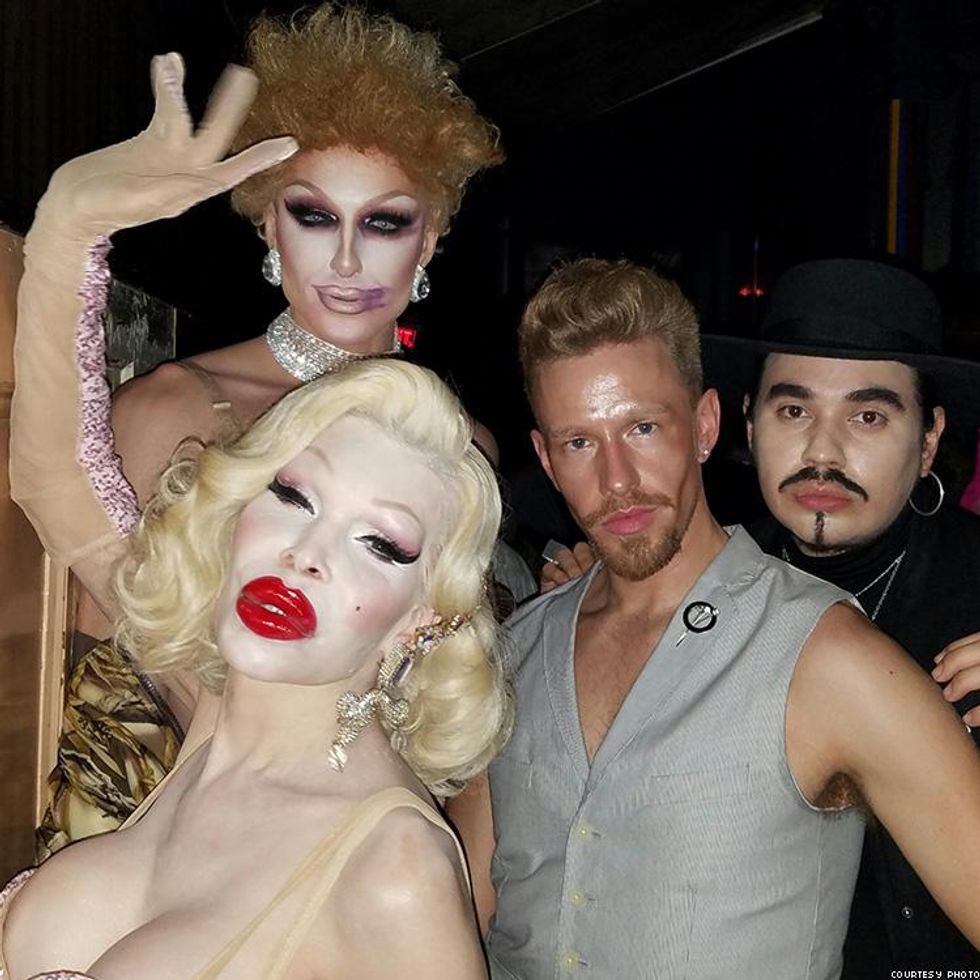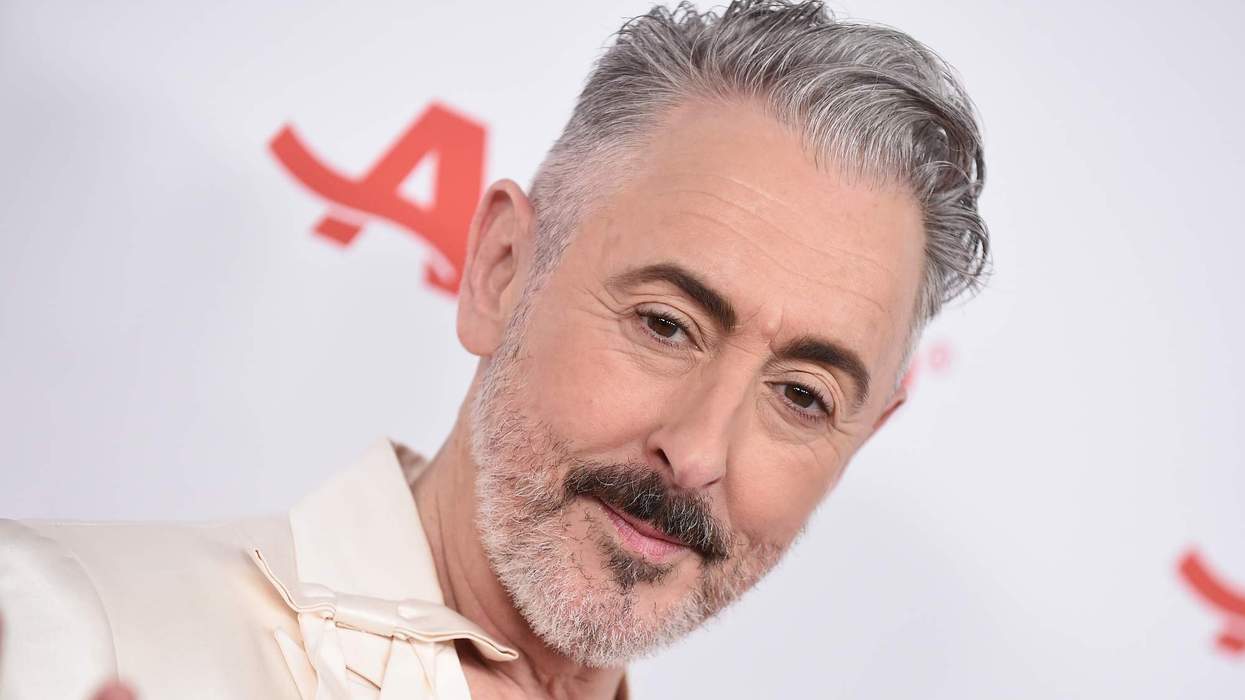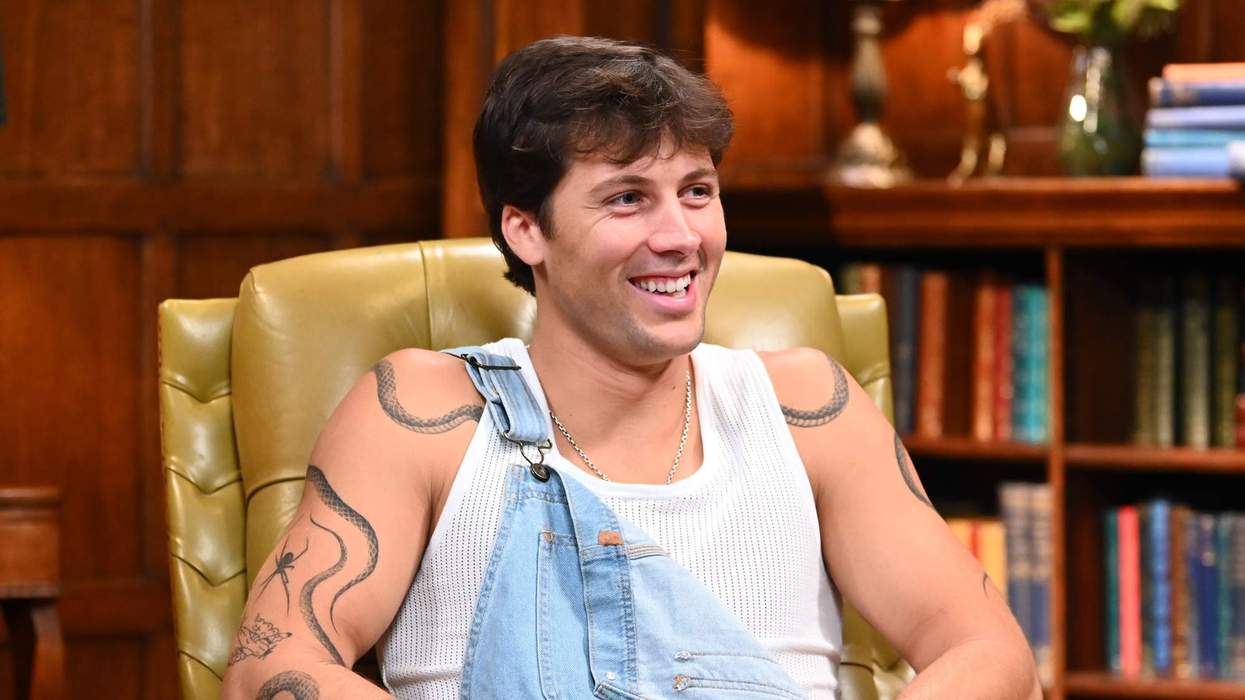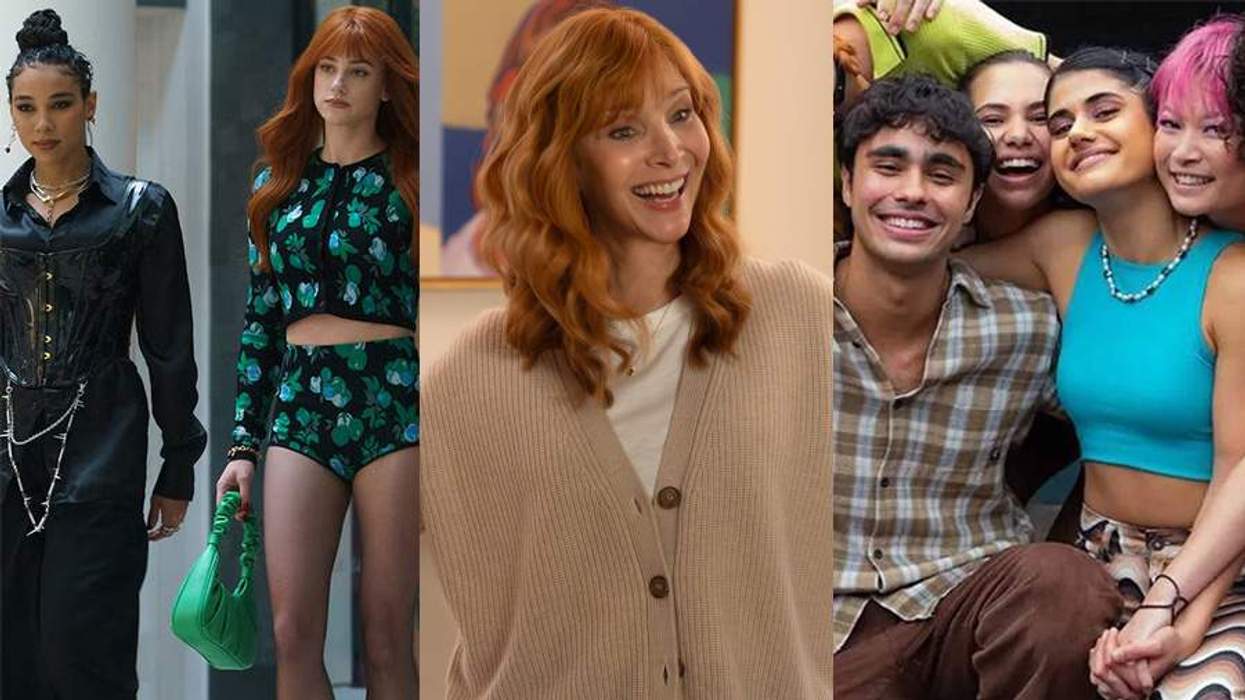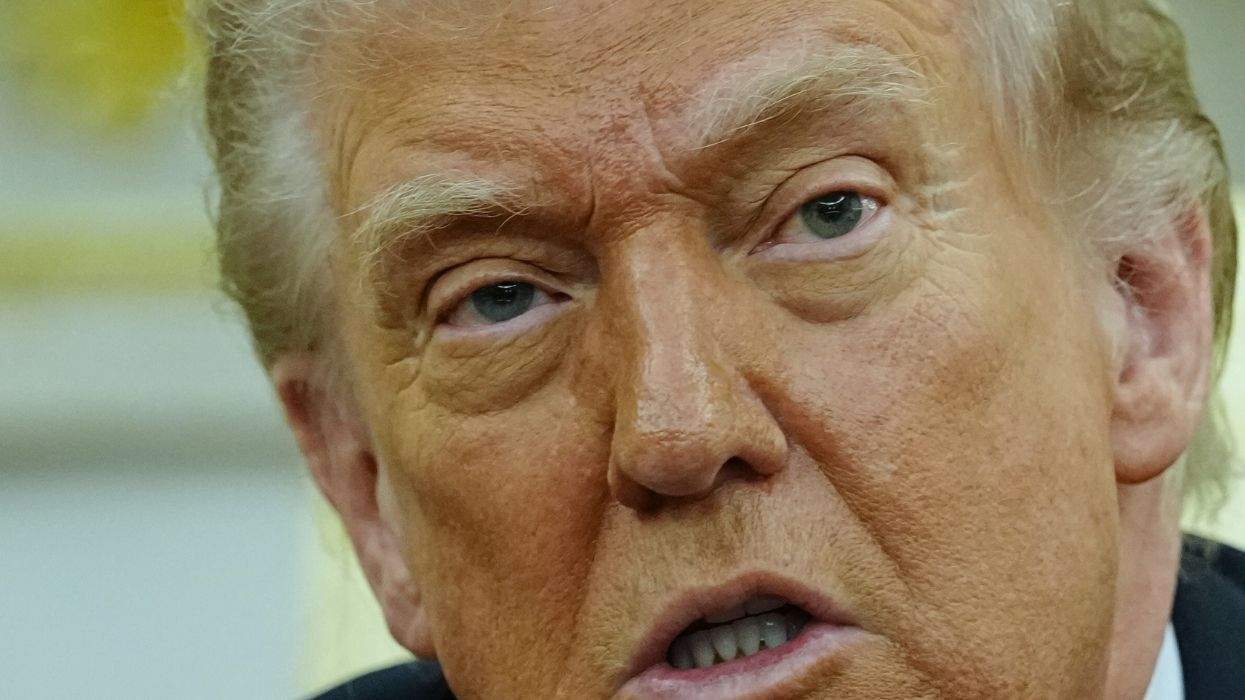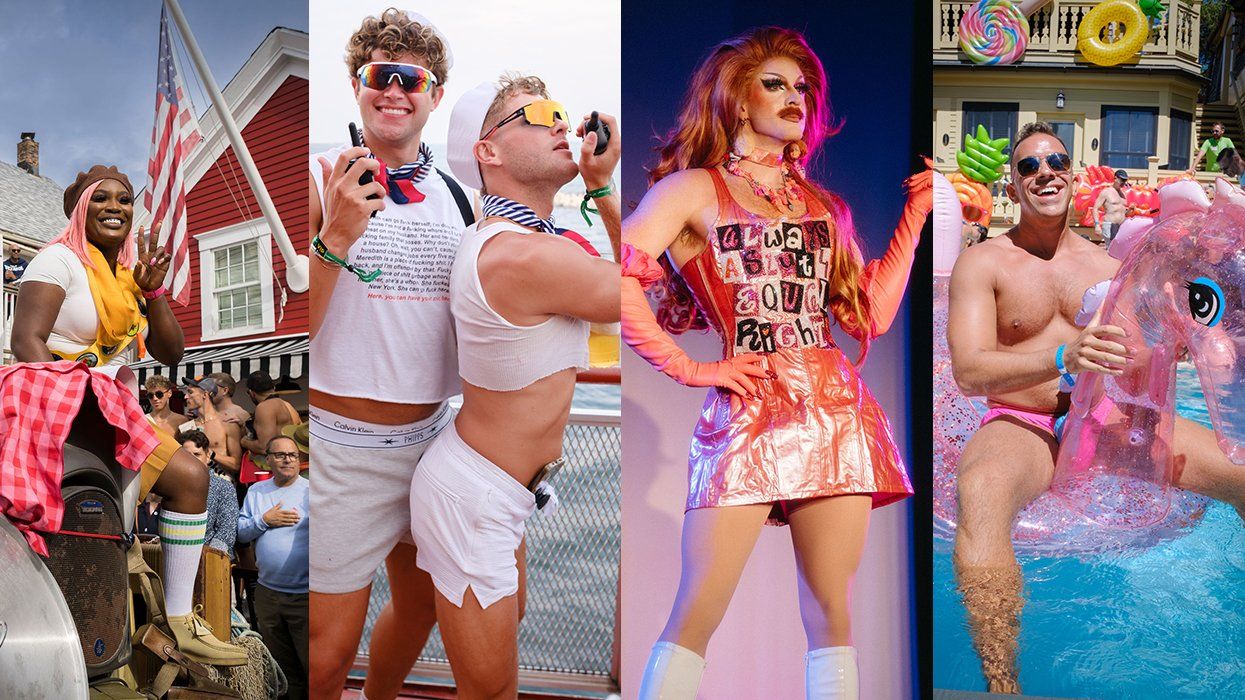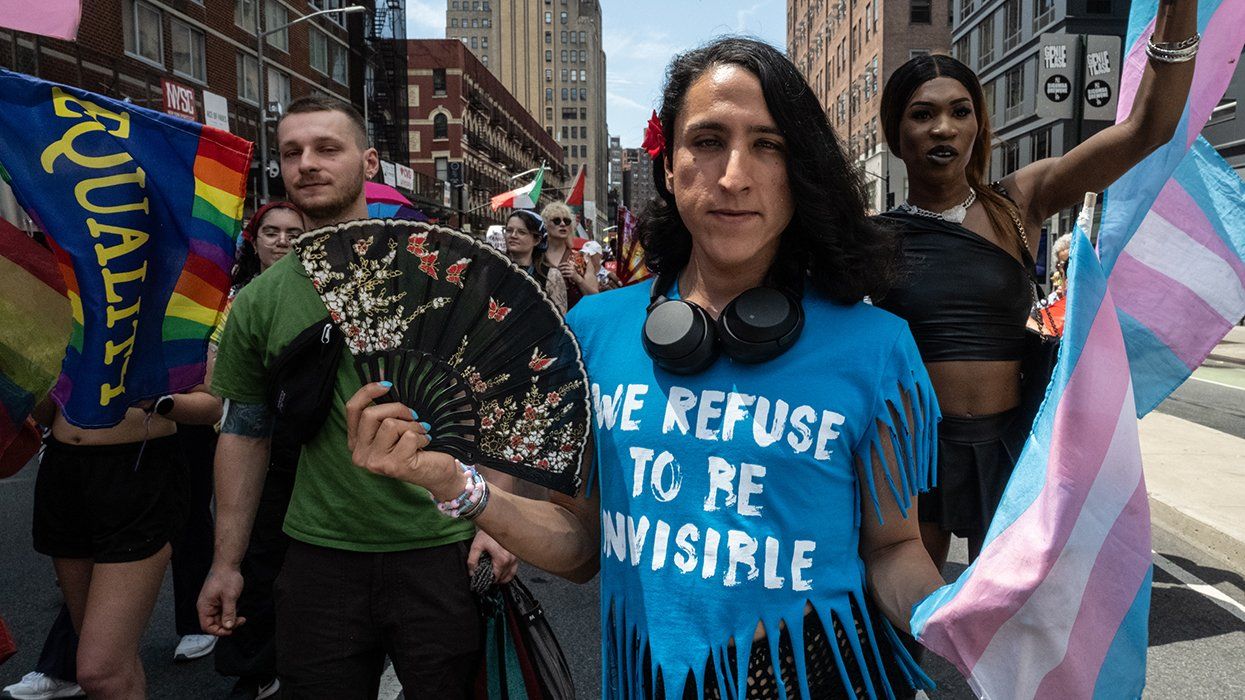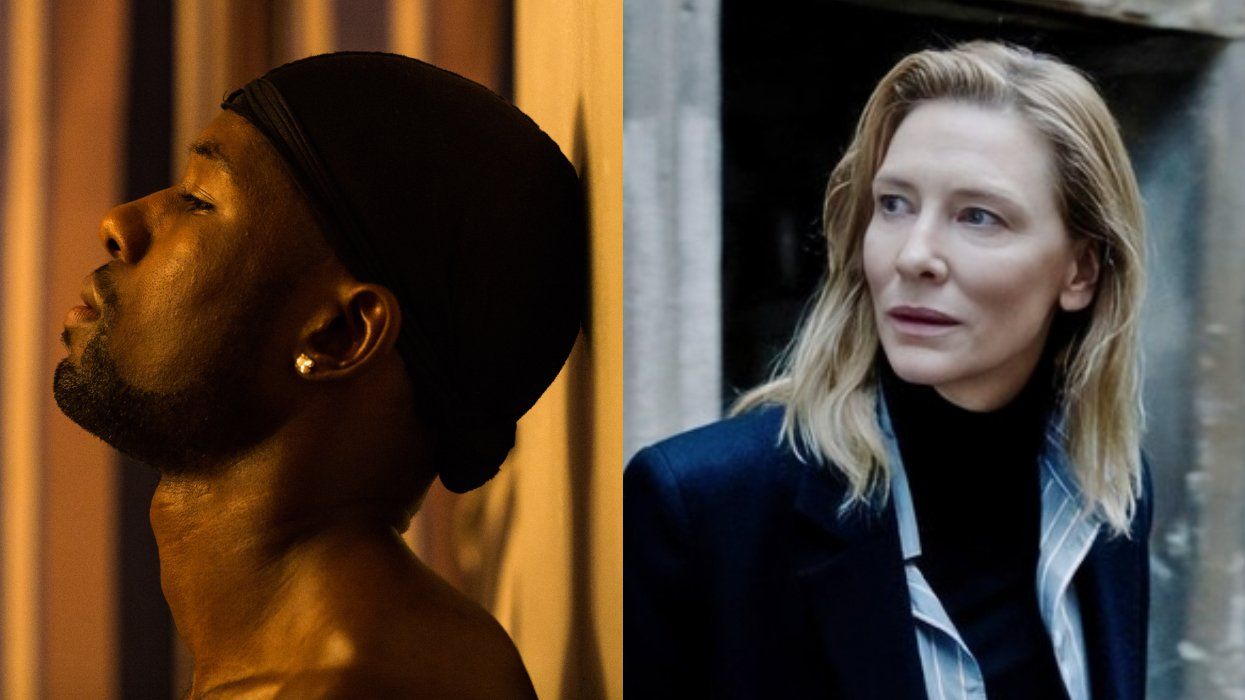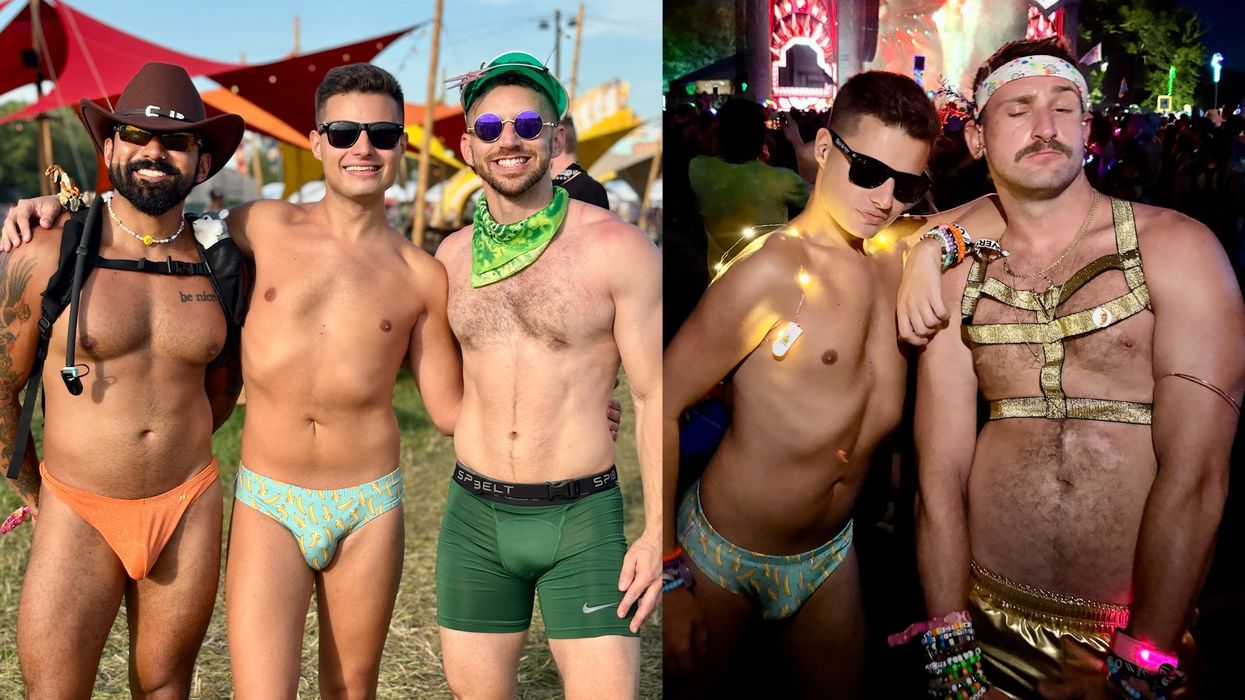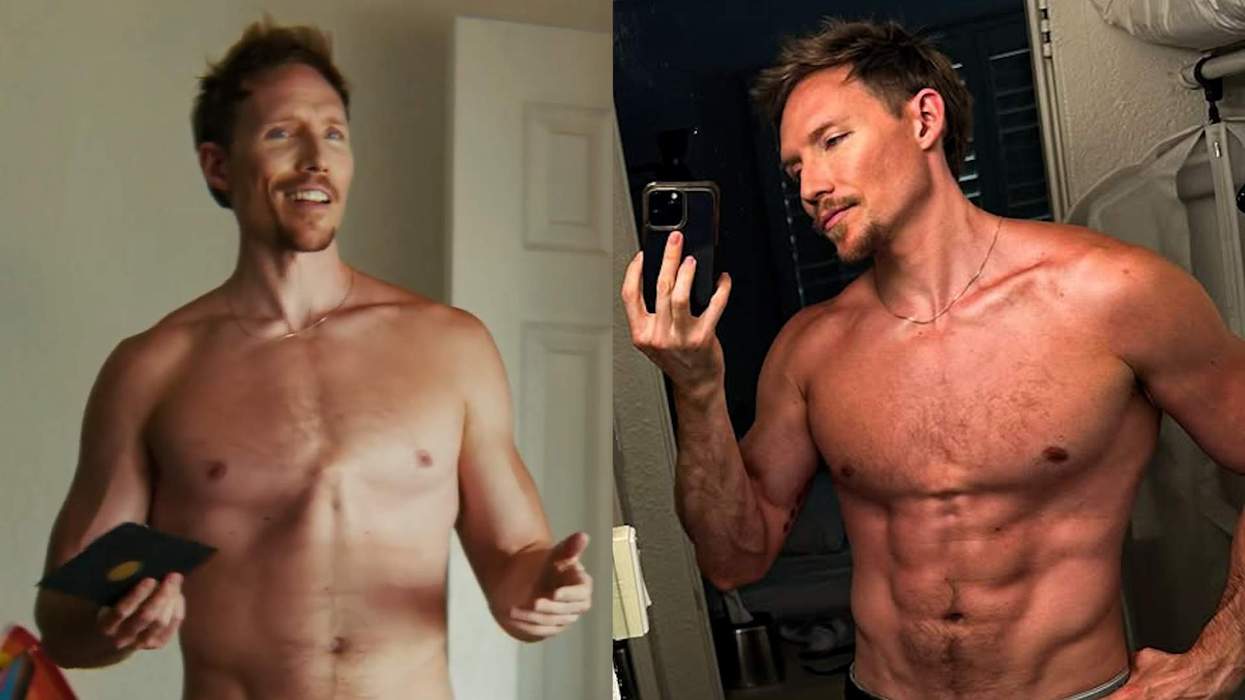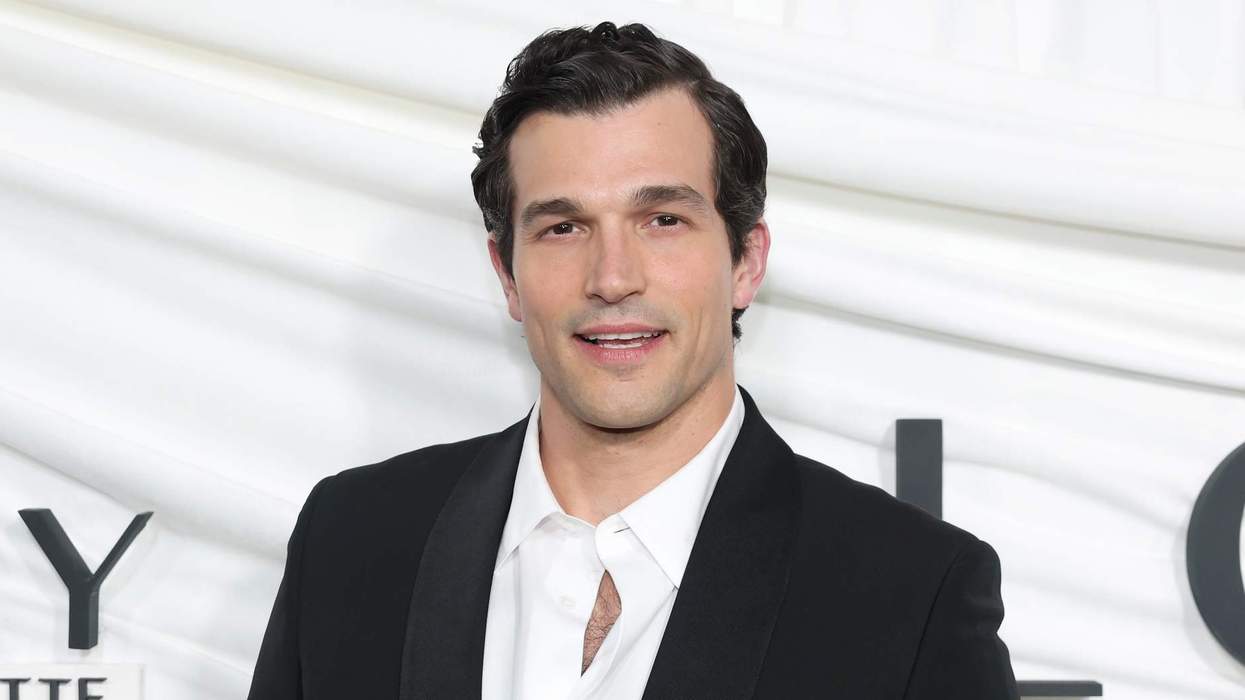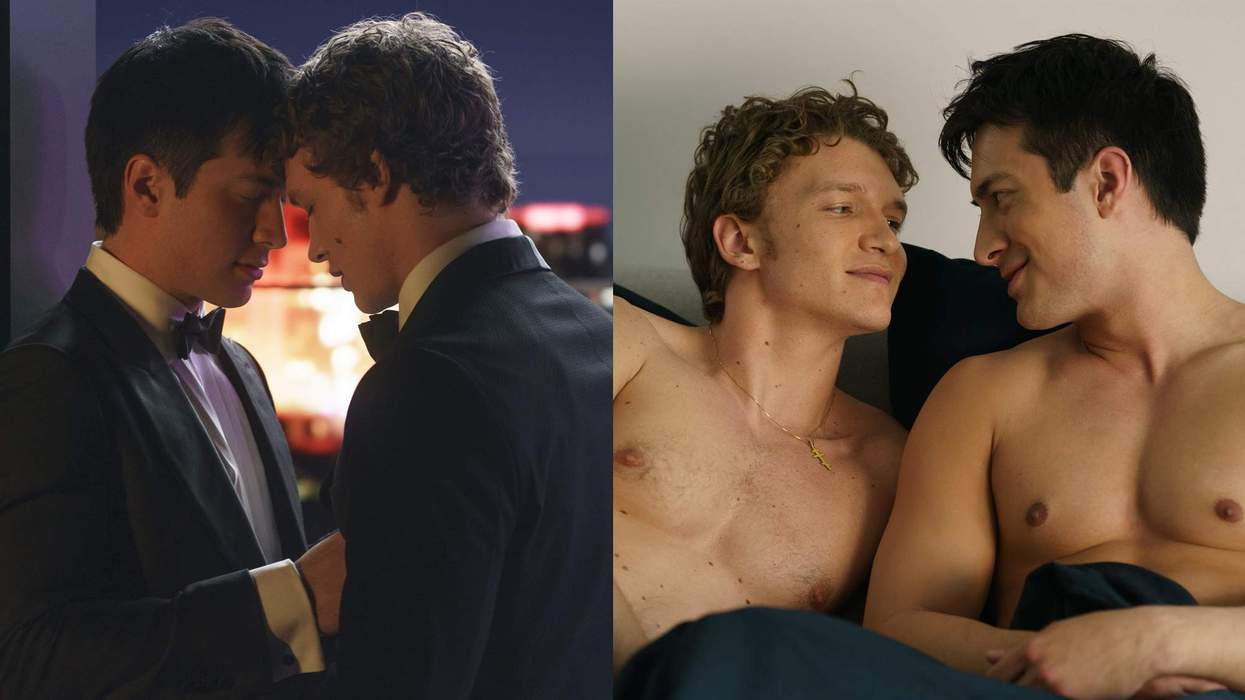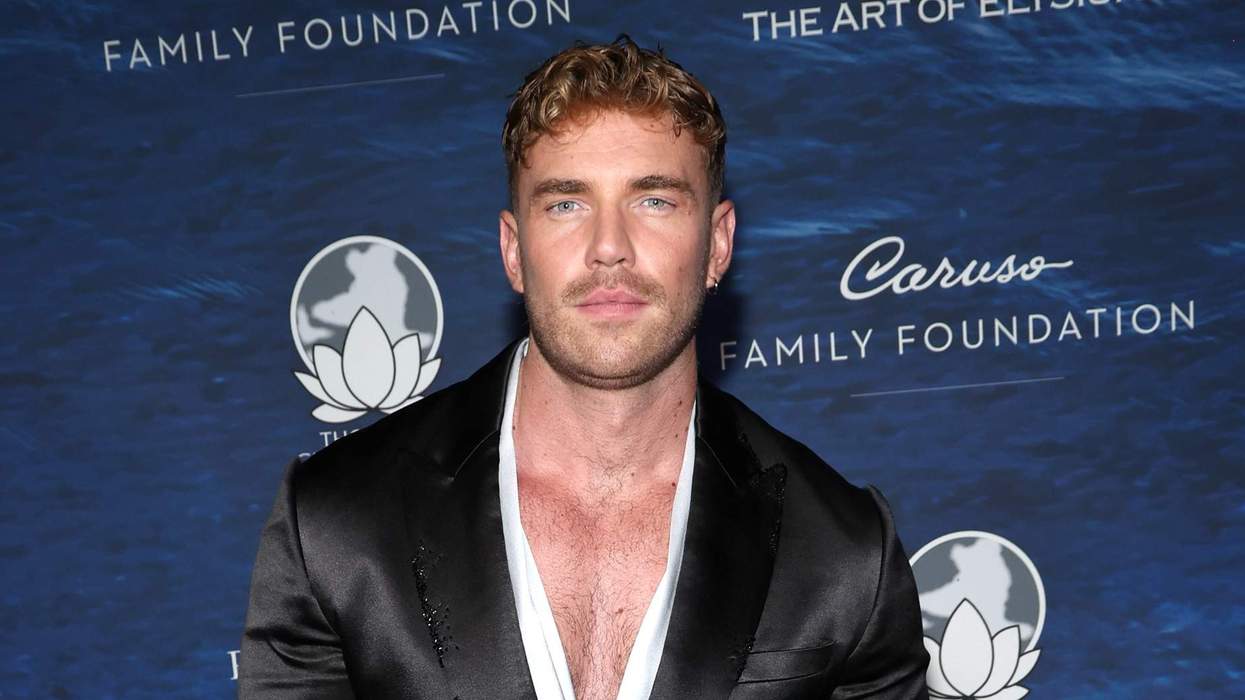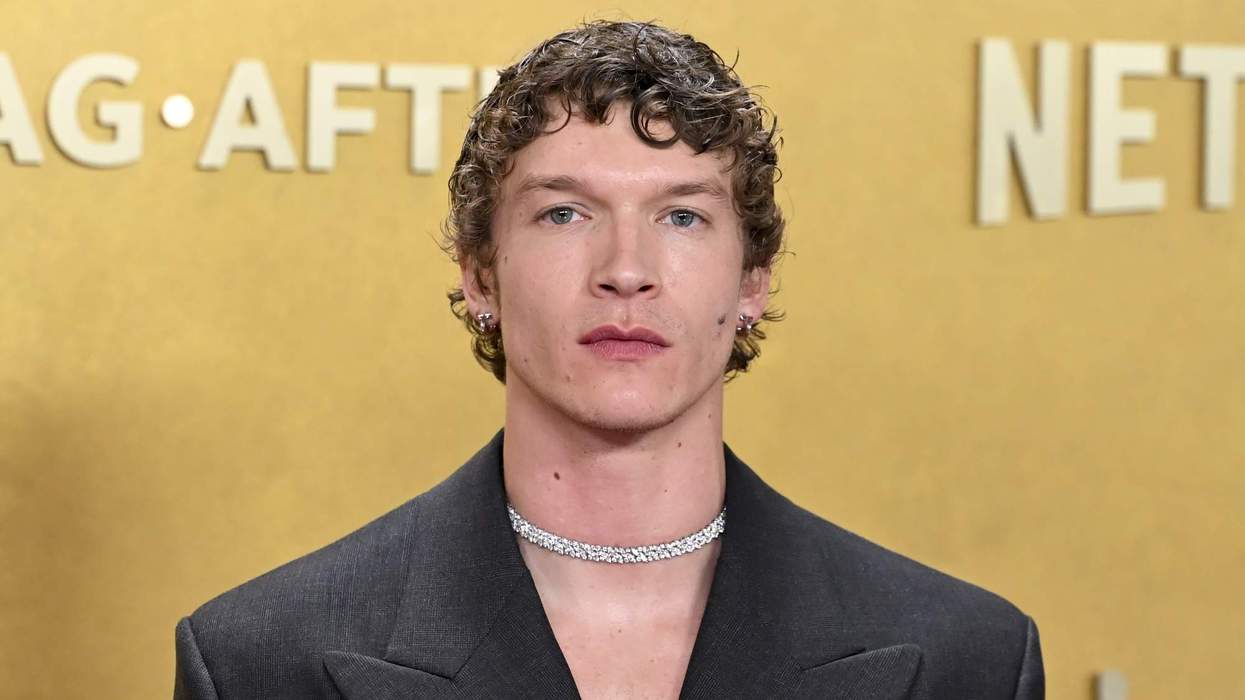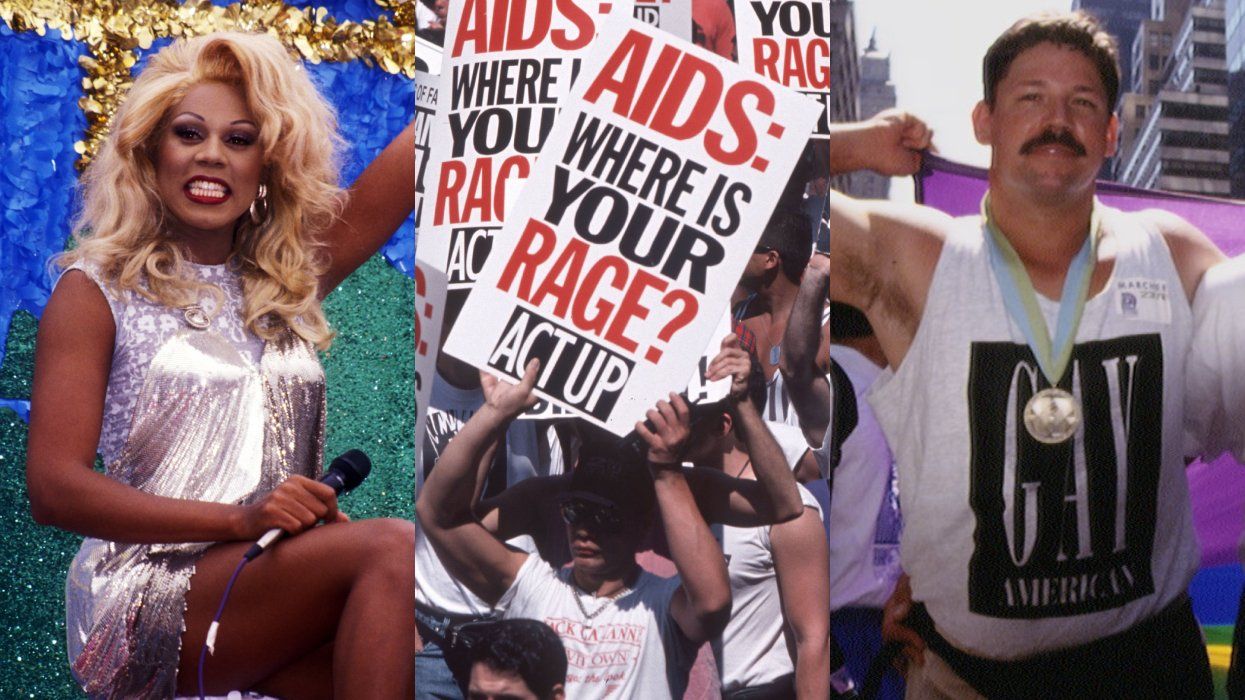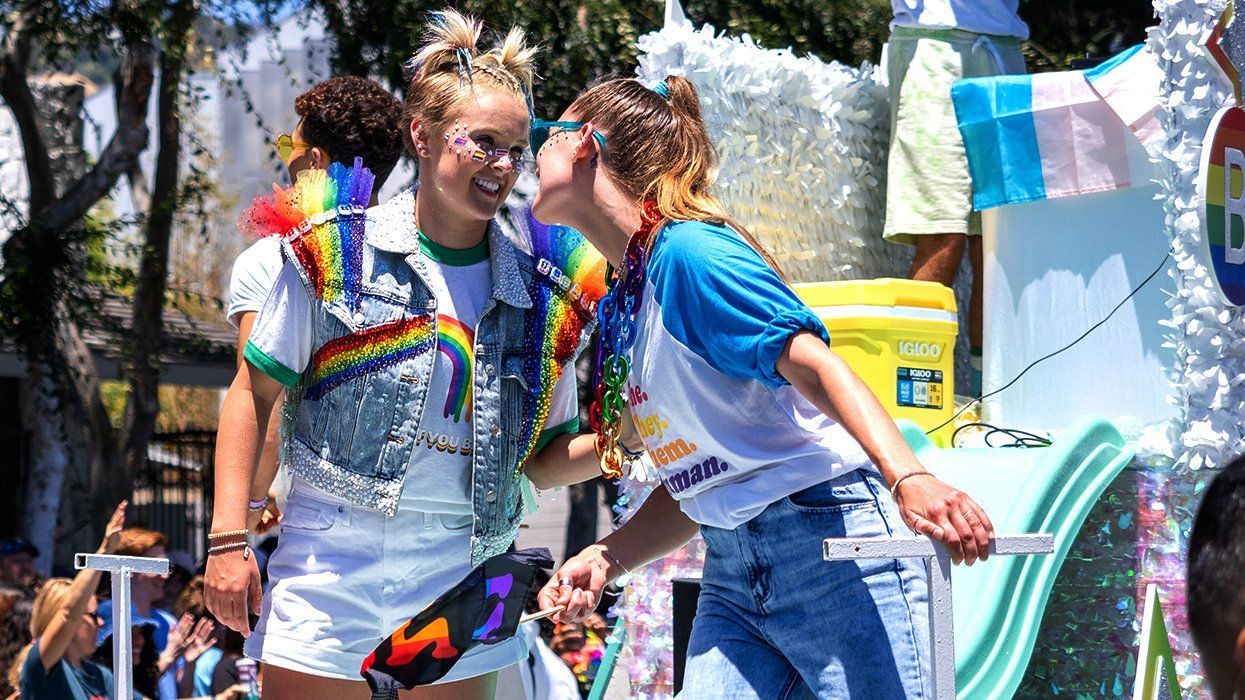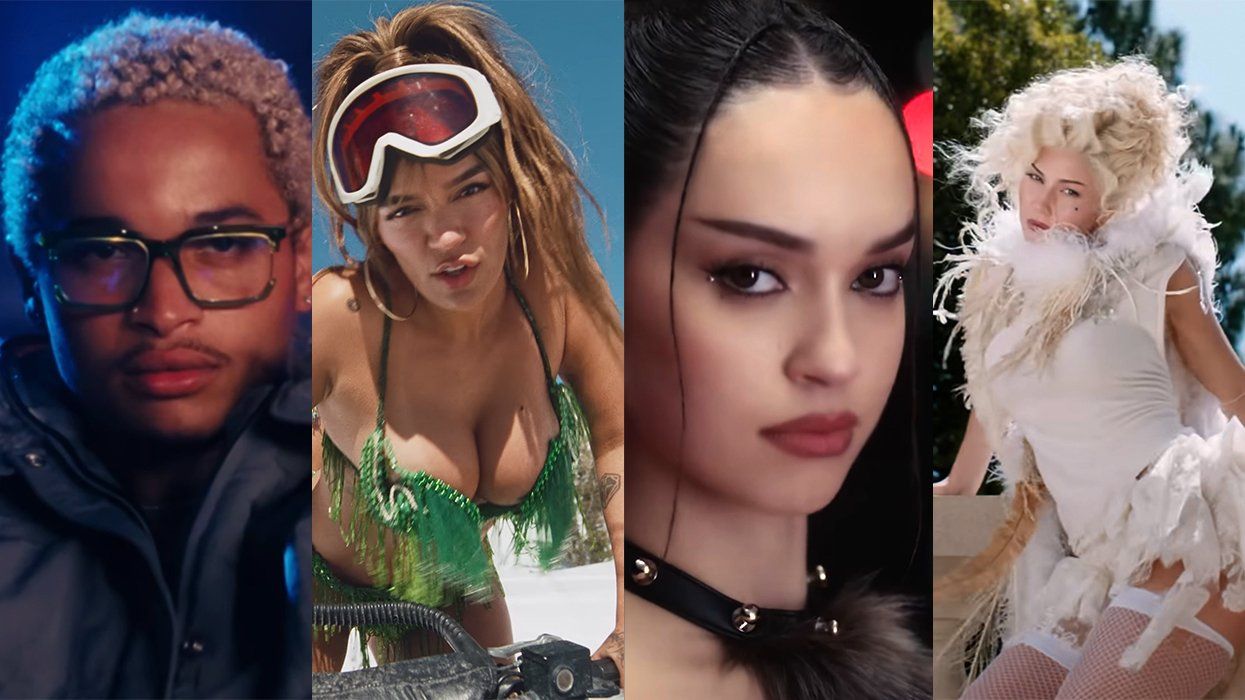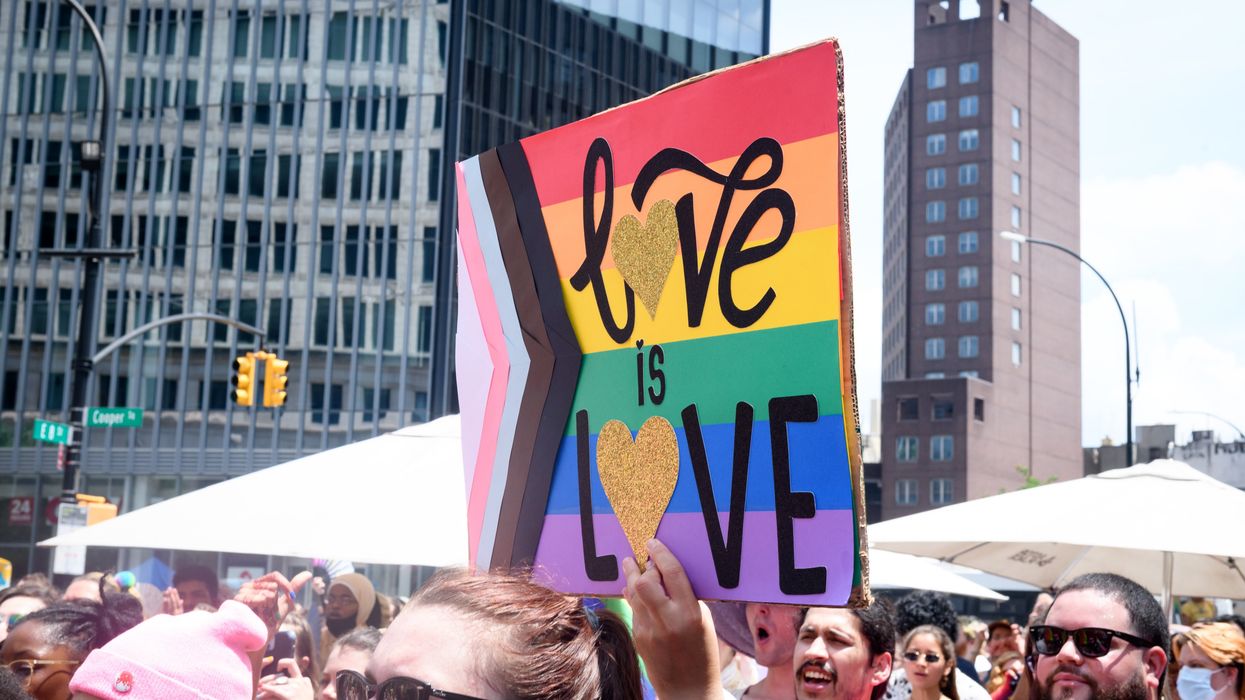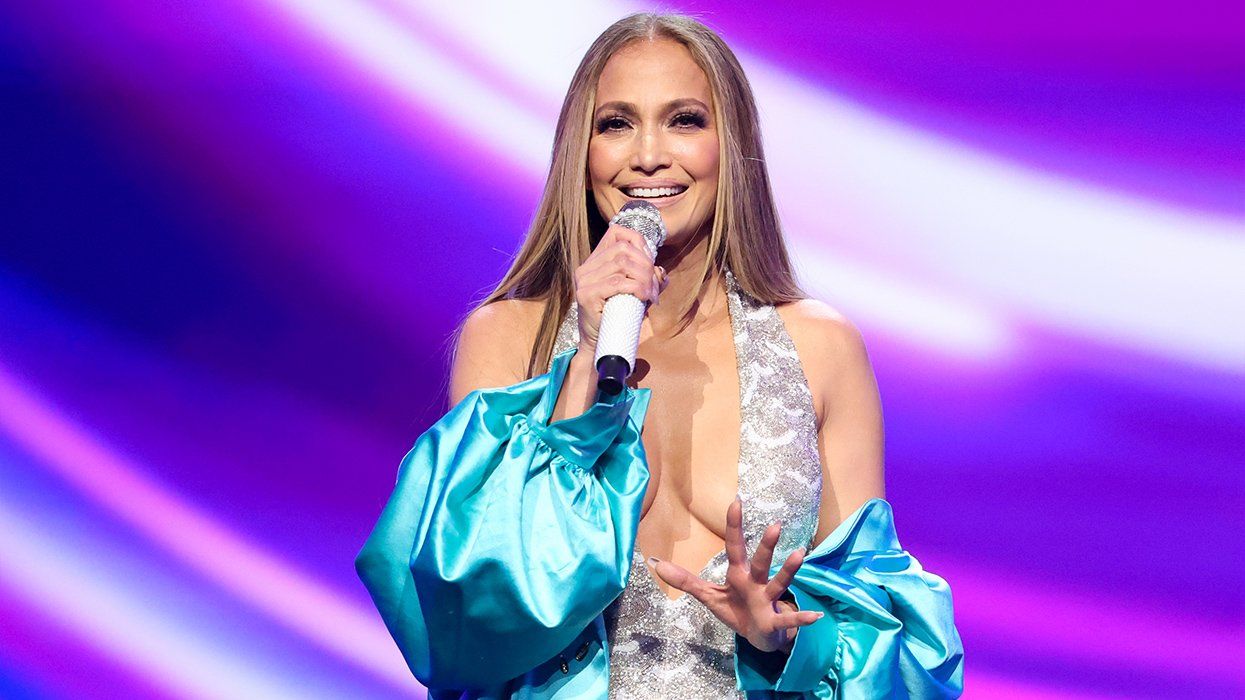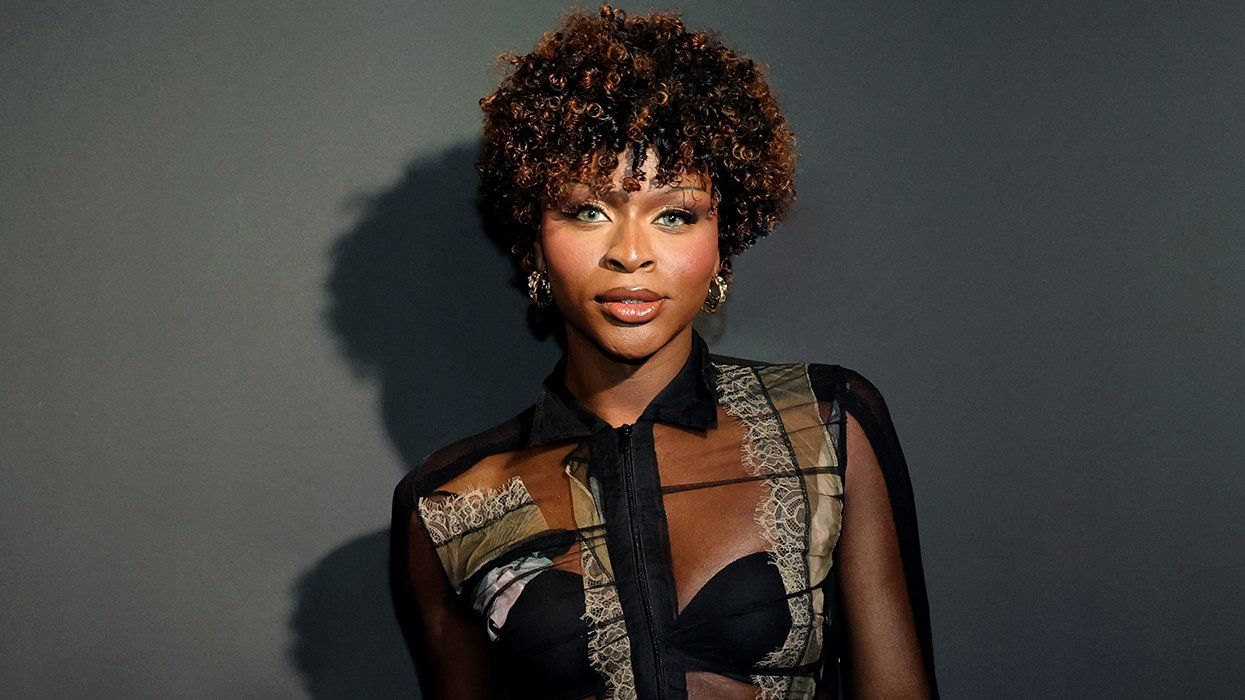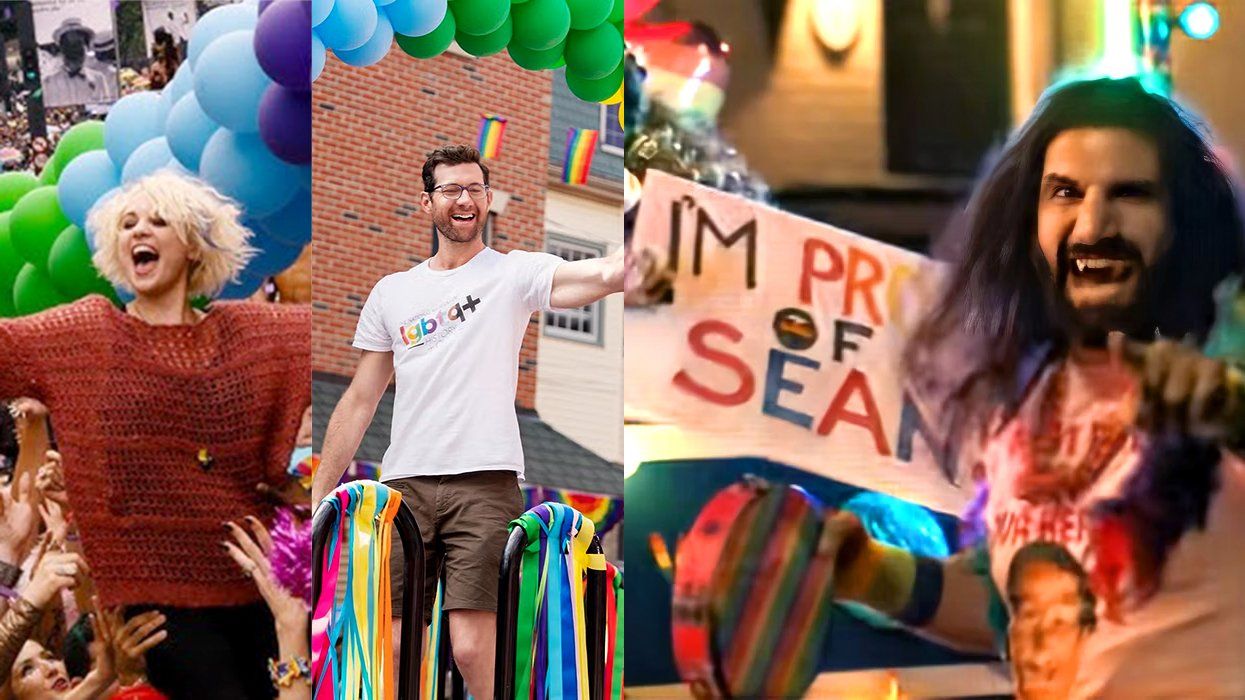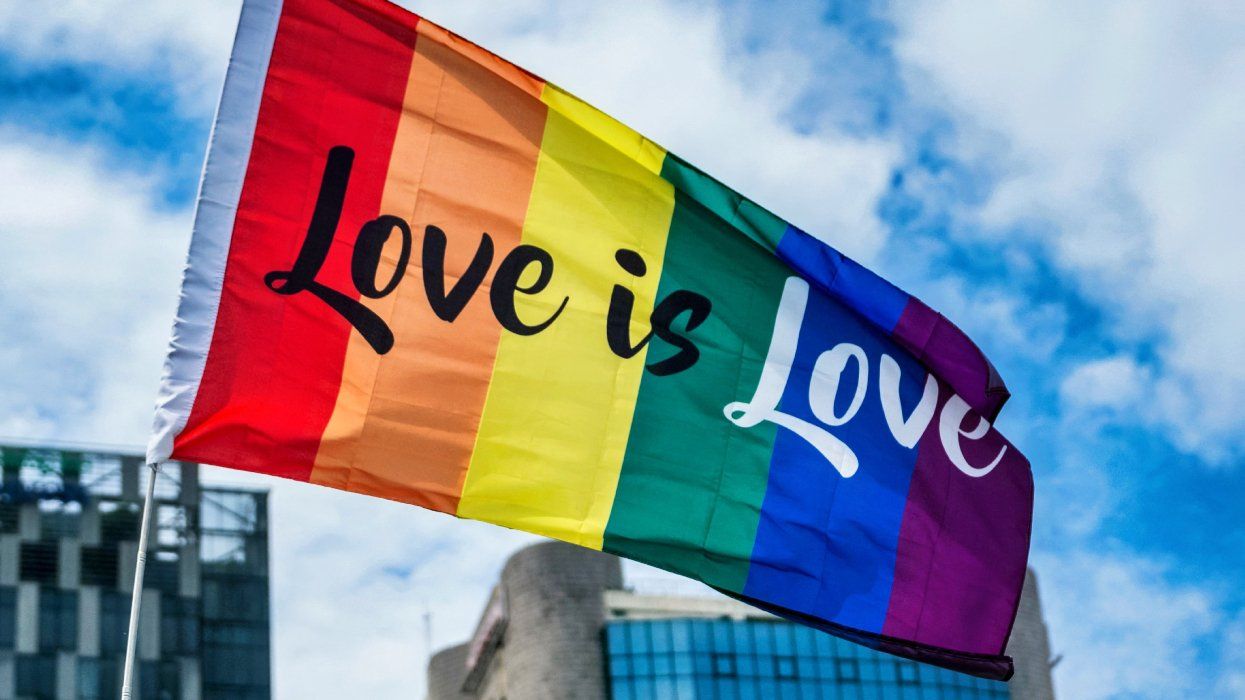I don't remember where I was when I heard about last year's Pulse shooting, but I remember right where I was at the start of last year's New York Pride parade: on the front lines with hundreds of marchers representing Orlando, just two groups behind the grand marshal. It was all new and a little alien for me. I'd been in New York for five years, but I'd never attended Pride. I'm not a joiner, typically -- in high school, the last place you would have seen me was at a student council meeting. Combine that with whatever internal homophobia I still had, and Pride seemed like one organized step too far in gay life -- something I could sit out.
I'm not proud that it took a tragedy for me to step up and ditch this way of thinking, but I think the shootings at Pulse galvanized something in all of us. Maybe we'd gotten too comfortable. Maybe we fed into the myth of a post-gay culture, and thought we were past this kind of mass attack on our community. Personally, I felt shaken awake, and invited to step further outside myself. My tendency to rebel instead of get involved is a selfish one that suddenly felt inappropriate. Joining the march, reaching out, and standing up for my peers felt right and thrilling, like anything else I'd embraced as a gay man. I just had to get out of my own way and not be scared of my passions.
For me, that's what Pride is about: leaning into the discomfort we're all conditioned to feel, and having the courage to present ourselves precisely as we are. No filters. Nothing held back. Earlier this year, I interviewed a queer actress who said, "There's no more delicacy in being quiet," and I agree. This doesn't mean we're all required to attend every rally and shout, but it does mean we have a certain responsibility, to ourselves and to others, to be unapologetic in our queerness. Especially now.
If the Pulse massacre was a turning point for our community -- calling on me and people like me to take some action -- then the presidential election was a signal of no turning back, and an alert that the powers that be aren't bound to catch us when we fall. This is unsettling, but it's made my Pride richer. Events after that have edged me closer and closer to a place of no apologies, no compromise. And no one has to get hurt with this kind of protest. Making ourselves visible is perhaps the most powerful thing we can do, and it's a daily expression of Pride. When I walk into my local bodega with glittered hair and mascara, I'm normalizing my experience. When I share my queer life vividly on social media, I'm rejecting notions of being sidelined.
And what I've learned about my own Pride, especially in the last year, is that it never stops with me. I am not special. Like all of us, I am a representative. And while I've been personally empowered, what heartens me most is the thought that my expressions of self -- of Pride -- might help queer people with less inherent and circumstantial privilege than me. I try to live in a place of progress, and that took a great leap when I got involved last June. By nature, we're a community that's constantly moving forward, and I'm proud to be a more proactive part of that -- to be marching, as it were.



